
A toothache is a pain around the teeth or jaws most commonly caused by dental cavity, cracked tooth, exposed tooth root, gum disease, disease of the jaw joints, or spasms of the muscles that are being used for chewing.
Causes of Toothache
An oral examination with x-rays may help to determine the cause of toothache. In most of the cases, it is coming from a tooth or jaw problem, but sometimes it may be a symptom of other diseases of heart, ears and sinuses.
However, most of the causes are dental and they include dental cavities, dental abscess, gum disease, irritation of the tooth root, cracked tooth syndrome, temporomandibular disease, impaction, and eruption.
Dental Cavities
Dental cavities are the most widespread cause of toothaches. They are holes in the outer layers of tooth, the enamel and the dentin. Both of them serve to protect the living tissue inside of the tooth, called the pulp. A bacterium in the mouth converts simple sugars into acids. The acid slowly softens and dissolves the protective layers of tooth and creates cavities. Larger tooth cavities may collect food debris and the living pulp may become irritated by bacterial toxins or cold, hot, sour, or sweet foods.
Gum Disease
This is the second most frequent reason of a toothache. It refers to the inflammation of the gingival tissue and irregular loss of bone that surrounds the teeth and keeps them in place. Gum disease is caused by toxins released by bacteria in plaque (made of food, saliva and bacteria) that builds up along the gum line. Symptoms pointing out to the gum disease include gum bleeding without pain. Pain may usually come in later stages of the disease as the pseudo pockets around the teeth start to form. Bacteria collected in the pockets often causes gum infections, swelling, pain, and further bone decay.
Tooth Root SensitivitiesChronic gum disease may cause painful tooth roots. Bacterial toxins in the mouth may soften the bone around the roots and cause the receding of the gum. If this happens, roots are no longer protected by the gum. Roots are becoming exposed and may be extremely sensitive cold, hot or sour foods.
Cracked Tooth Syndrome
Toothaches may sometimes originate from a broken tooth. Tooth itself may still be healthy and without cavity or any kind of gum disease. Simple biting on the area of the fracture is what causes pain. Fractures usually develop from chewing or biting hard objects such as hard candies, pencils, nuts, etc.
Temporo-Mandibular Joint Syndrome
Diseases of temporo-mandibular joints usually cause pain in front of the ears. It may be caused by acute trauma, inflammatory or degenerative arthritis or by the mandible being pushed back towards the ears whenever the patient chews or swallows. Sometimes muscles can go into spasm and cause difficulties in head, neck and mouth area.
Impaction and Eruption
Growing tooth or teeth pressing together may also cause significant pain. Molar teeth, large teeth in the back of the jaw, are causing inflammation of the surrounding tissue as they grow. They sometimes cause pressing of the teeth and may require painkillers, antibiotics and often a surgical removal.


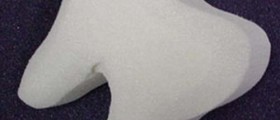
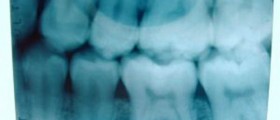

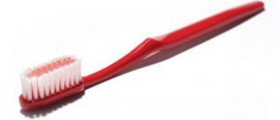

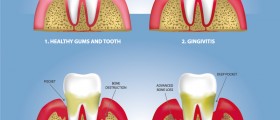
,-Don't-Ignore-Receding-Gums_f_280x120.jpg)


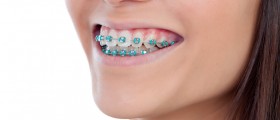



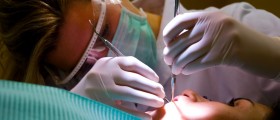
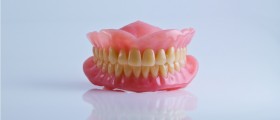
Your thoughts on this
Loading...